The Golden Globes have historically been the strangest of all the major film awards ceremonies. Previously handed out by a mysterious body known as the HFPA (Hollywood Foreign Press Association), the ceremony has all the glamor and glitz of the Oscars, but with one big difference: there is free-flowing alcohol on all the tables, meaning that, more often than not, audiences can enjoy the spectacle of at least one A-list star collecting their award blind drunk, which leads to some of the more unorthodox and entertaining speeches in recent memory. And this unrestrained ethos extends itself to the hosts, too. Who can forget Ricky Gervais ridiculing the stars around him in 2020, including an appalled-looking Tom Hanks, as he declared “if ISIS started a streaming service, you’d call your agent…if you win, come up, accept your little award, thank your agent, and your god, and fuck off.”
There was nothing so near-the-knuckle this year, although the hapless host Jo Koy, a comedian who was only chosen for the poisoned chalice-like gig, was widely ridiculed for his hopeless jokes, leading him to remonstrate with the audience. He cried, “I got the gig ten days ago! You want a perfect monologue? Yo, shut up. You’re kidding me, right? Slow down. I wrote some of these, and they’re the ones you’re laughing at.” Gervais, despite the attendant outrage and controversy, was invited to host five times; it seems unlikely that Koy will get a second bite of this particular cherry.
Yet leaving aside the useless emcee and the historic controversies associated with the awards, the films lauded were the strongest set of pictures in years. Although some hotly tipped contenders left empty-handed — Past Lives and Maestro, both of which had at some point been suggested as potential Best Film winners, won nothing — there was a very strong showing for Oppenheimer, which won all the major awards it was nominated for bar Best Adapted Screenplay and Best Supporting Actress, and therefore sets itself up as the most likely winner of Best Picture at the Oscars on March 10.
The film is fortunate in that it’s both a mega box-office hit, having grossed nearly a billion dollars worldwide, and can feasibly present itself as an underdog story of sorts: both its director-producer Christopher Nolan and its starry supporting actor Robert Downey Jr. are major figures in the industry who have yet to receive the key awards that their films’ financial success would appear to deserve. Recognizing them both for Oppenheimer is an easy and artistically respectable way of writing this particular wrong.
And there was welcome acknowledgement for intelligent, literature, adult dramas, too: the Alasdair Gray adaptation Poor Things and Alexander Payne’s The Holdovers won major awards, and the mega-grossing Barbie had to be content with an entirely spurious award for “Cinematic and Box Office Achievement.” Still, it was better than Taylor’s Swift’s fortunes; last year’s TIME person of the year left empty-handed, although her ice-cutting response to one of Koy’s typically dreadful jokes immediately became an internet meme, showing that, even in defeat, she can do no wrong.
Succession and The Bear dominated the television awards, as was expected from two such zeitgeist-y shows, and Kieran Culkin’s victory in the Best Actor in a TV series category — defeating his co-stars Brian Cox and Jeremy Strong — meant that the much-acclaimed comedy-drama has now allowed all three of its male stars to take turns in winning the Golden Globe, which seems fair. And the accolades for on-screen married couple Sarah Snook and Matthew MacFadyen were popular, highly deserved awards. There was even an accolade for Gervais, winning his own gong for Best Performance in stand-up comedy on TV; however, perhaps in the anarchic spirit that has made him wealthy and famous, the actor-comedian could not be bothered to attend, meaning that he received the award in absentia.
This has been the first year that the judging panel of the Golden Globes has been expanded, and the results were an intelligent, finely judged mixture. If it is still possible that Oscar voters could diverge significantly — last year’s big winners were The Fabelmans and The Banshees of Inisherin, both of which ended up being trampled on by the irritating Everything Everywhere All At Once — then this eighty-first ceremony will still remain a rare instance of good taste and class. Which, let’s face it, is not something that you would have said of a ceremony that once handed out Best New Star to Pia Zadora. But let’s let bygones be bygones, shall we?



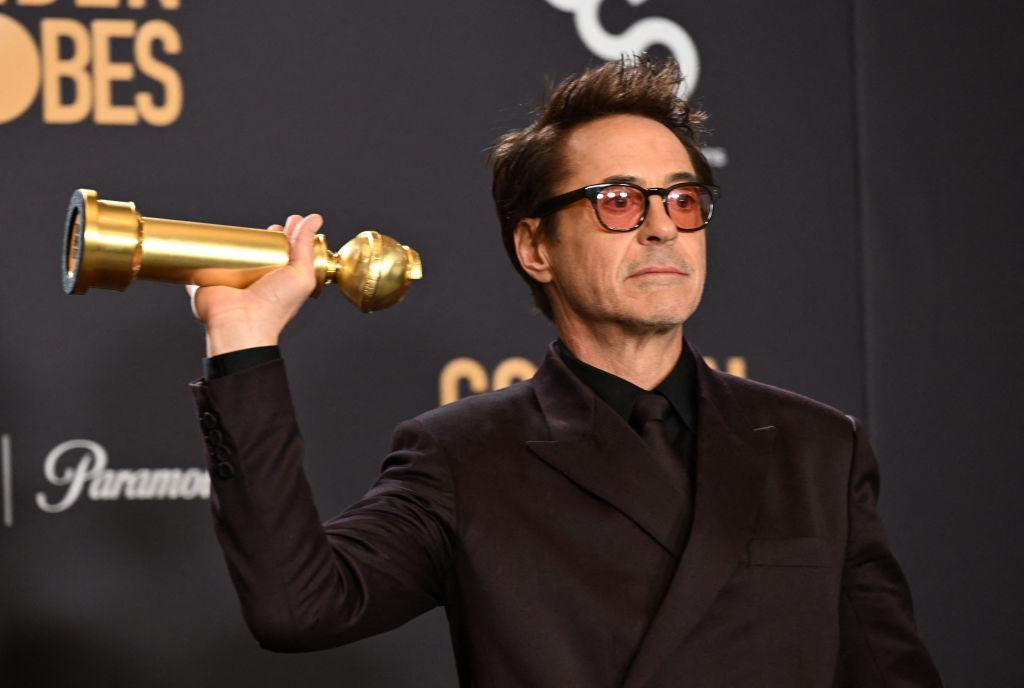









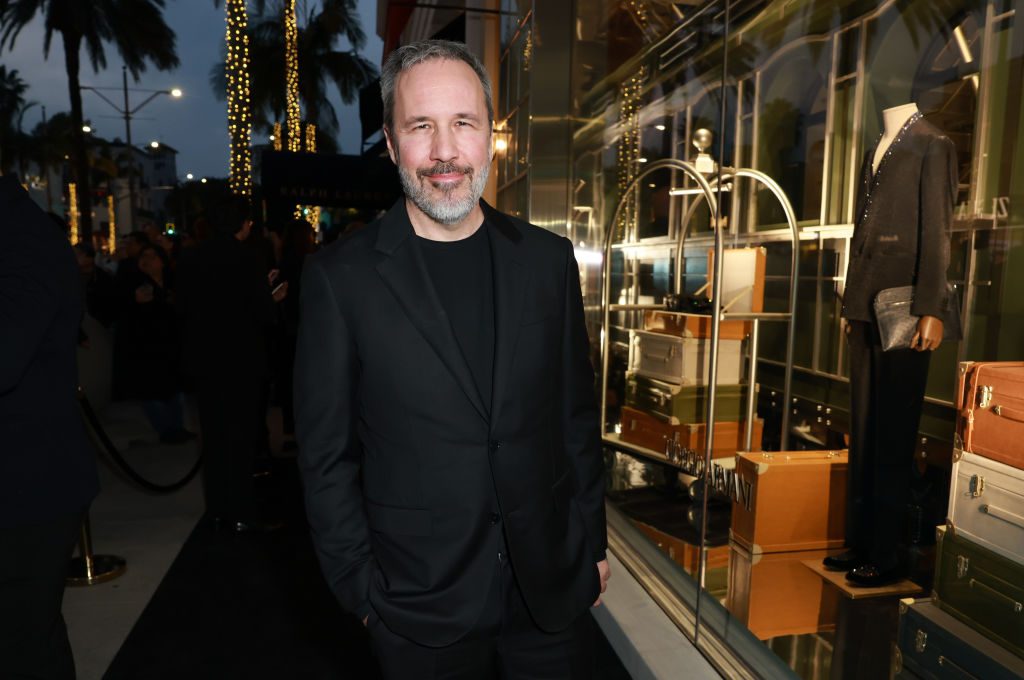
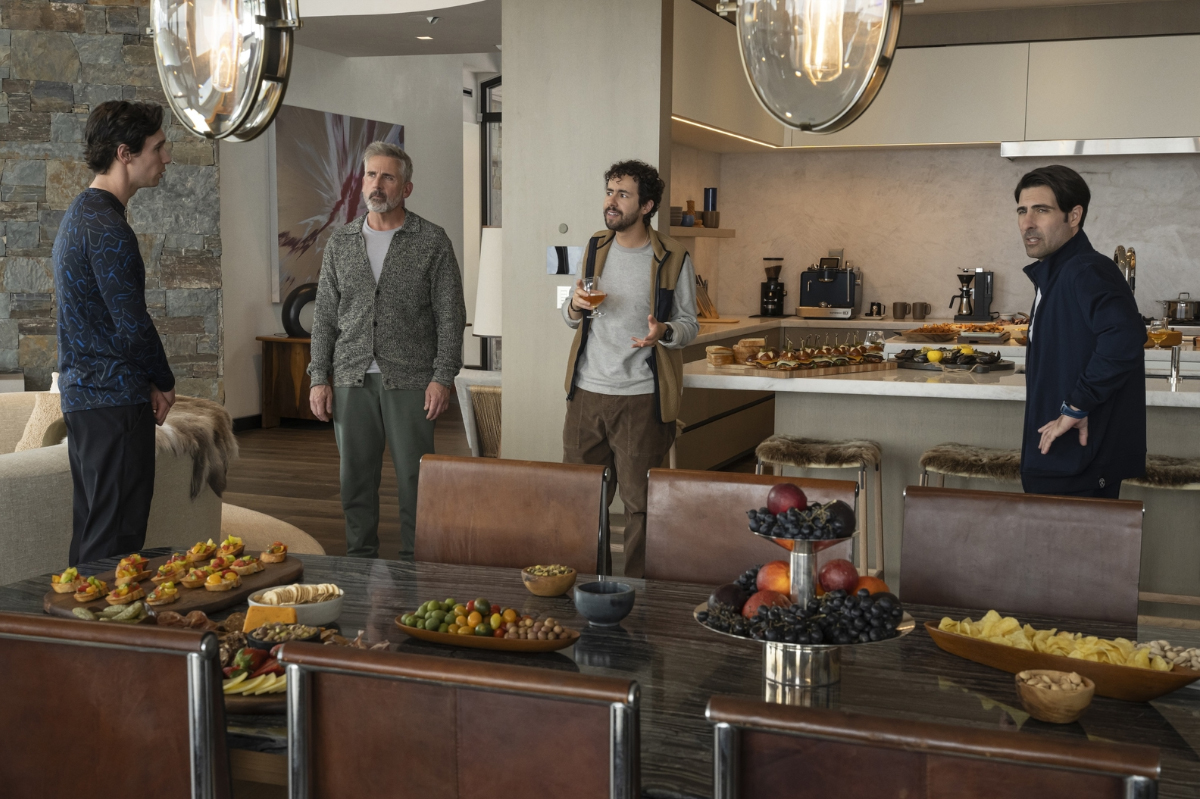

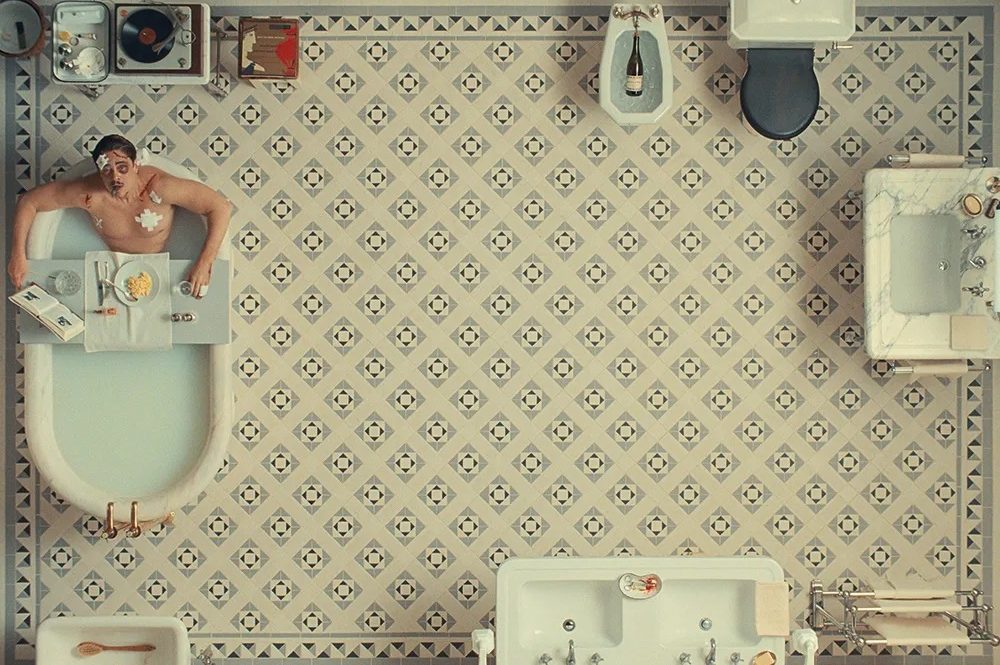

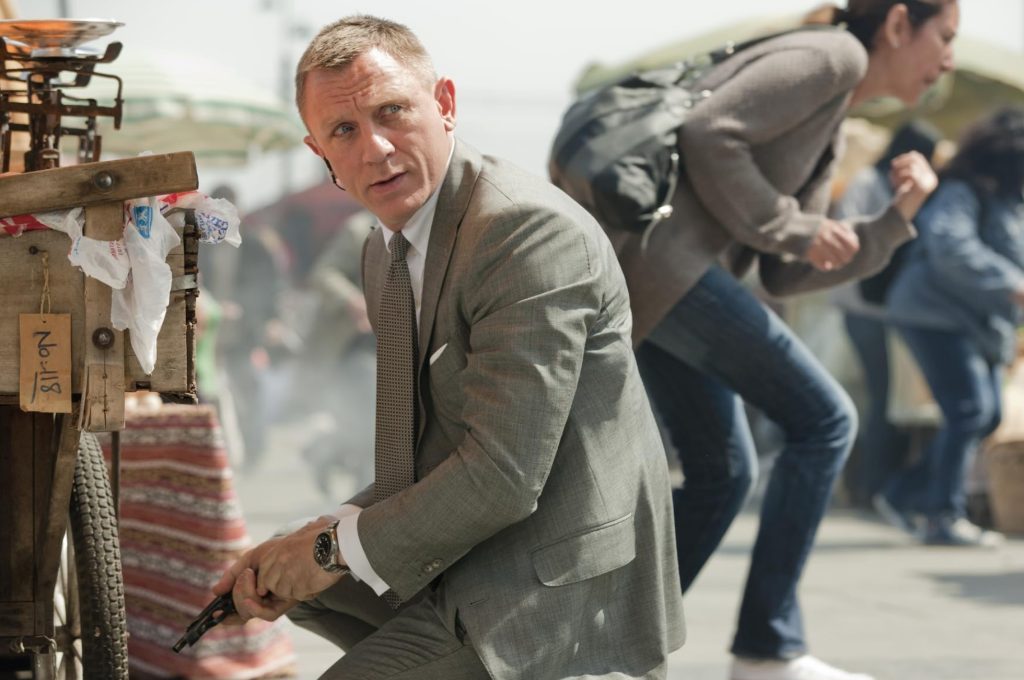







Leave a Reply